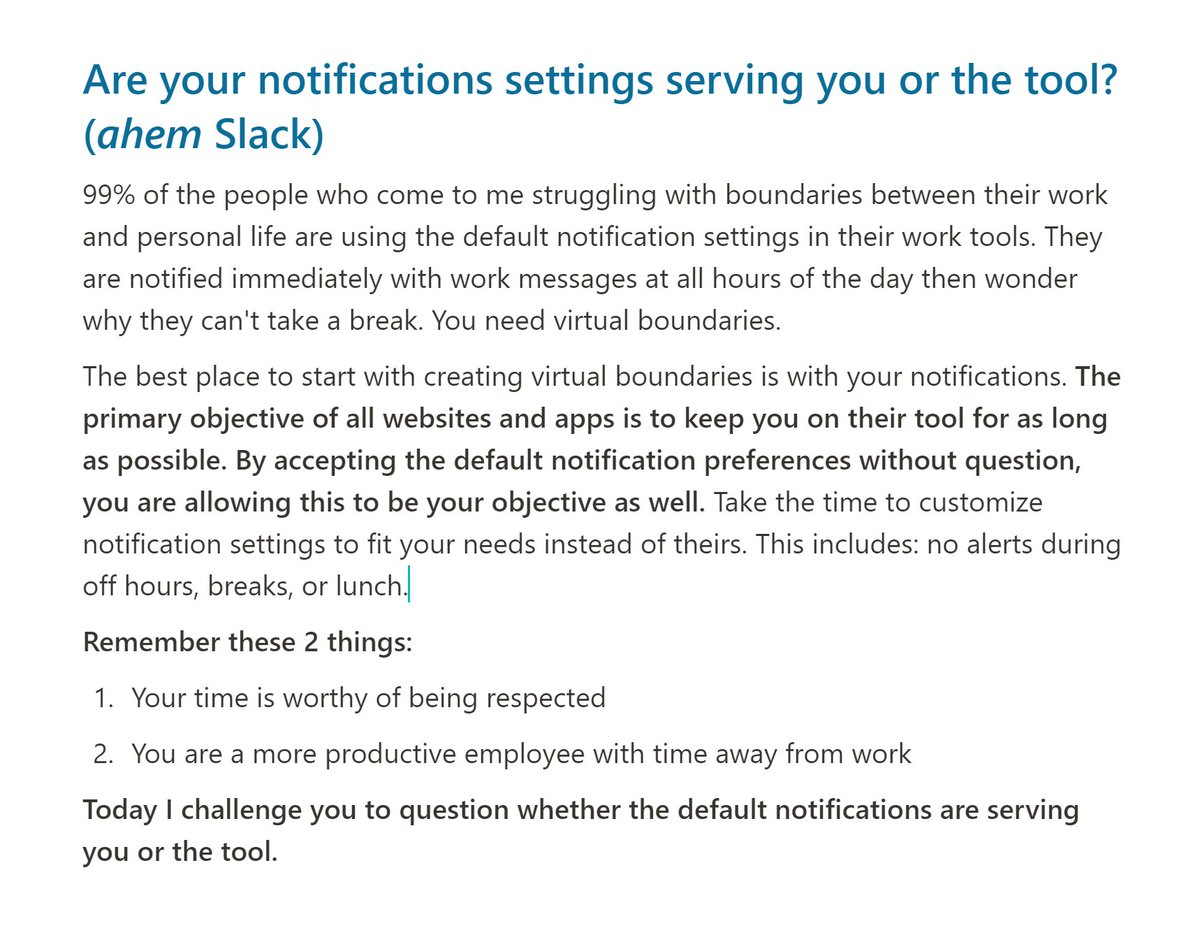
For months after switching to remote work, I continued to use an alarm. I’m not a morning person, and being jolted awake immediately always left me cranky. Then one day, I woke up and finally decided to ask, “Why?”. There was no traffic to beat or excessive getting ready routines
Standard wake up methods involve being forced awake with a blaring alarm. Waking up to a heart attack means that the first feeling we’re starting our day with is stress. This doesn't set the right tone when you want to be focused, productive, and agreeable on morning calls.
Ultimately, the only reason why I used an alarm clock was to make sure I got up at a certain time every day. But was this the best and only option to achieve this goal? Turns out, no. I'm able to achieve this through waking up naturally while getting rid of all the downsides.
Now, I haven’t used an alarm clock to wake up in years. I wake up naturally every day around 6:30am.
Shockingly, a regular calm, rested wake up experience led me to switch from being a lifelong night owl to a morning person.
Shockingly, a regular calm, rested wake up experience led me to switch from being a lifelong night owl to a morning person.
As we switch to new ways of work, our default routines no longer serve us.
Remember to question whether your quality of life is being affected by default routines optimized for a world you no longer live in.
Remember to question whether your quality of life is being affected by default routines optimized for a world you no longer live in.
Check out the full challenge here:
https://twitter.com/mar15sa/status/1366231174570532865?s=19
• • •
Missing some Tweet in this thread? You can try to
force a refresh









